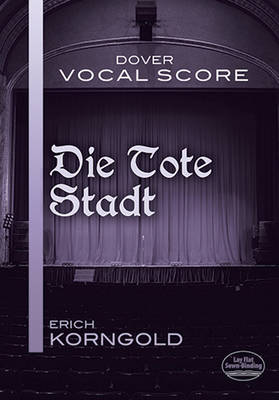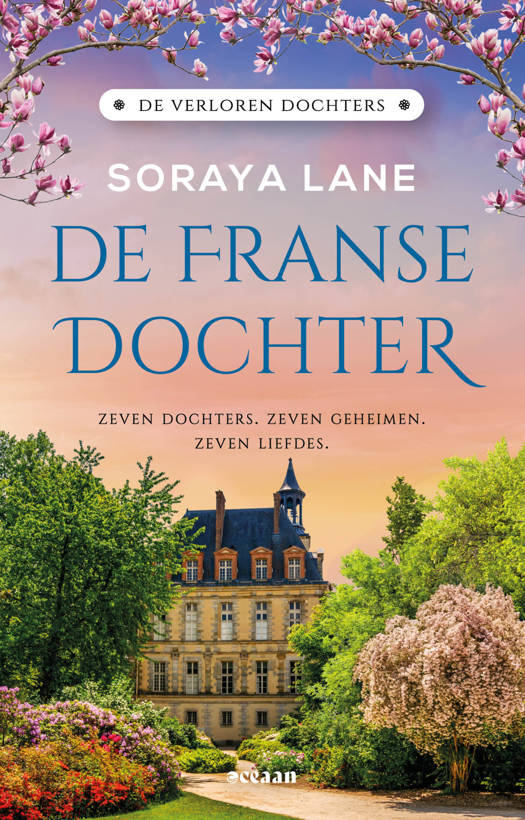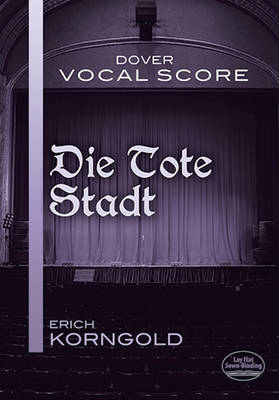
Door een staking bij bpost kan je online bestelling op dit moment iets langer onderweg zijn dan voorzien. Dringend iets nodig? Onze winkels ontvangen jou met open armen!
- Afhalen na 1 uur in een winkel met voorraad
- Gratis thuislevering in België vanaf € 30
- Ruim aanbod met 7 miljoen producten
Door een staking bij bpost kan je online bestelling op dit moment iets langer onderweg zijn dan voorzien. Dringend iets nodig? Onze winkels ontvangen jou met open armen!
- Afhalen na 1 uur in een winkel met voorraad
- Gratis thuislevering in België vanaf € 30
- Ruim aanbod met 7 miljoen producten
Zoeken
€ 20,95
+ 41 punten
Omschrijving
This 1920 vocal score is from a three-act opera by a 23-year-old composer who has seen a recent resurgence in popularity. The libretto is credited to Paul Schott, a pseudonym for the composer and his father, Julius Korngold. Based on the short novel Bruges-la-Morte by Georges Rodenbach, the plot relates a young widower's obsession with his late wife.
Within two years of its premiere, this work had been performed around the world, including several performances at New York's Metropolitan Opera House. Banned during the Nazi regime on account of the composer's Jewish ancestry, Die Tote Stadt fell into obscurity, only to resurface in the late 1980s. Since then it has been performed at famous opera halls in Paris, England, Austria, Australia, and the United States. Voice students, amateur and professional choral groups, and opera troupes and companies will appreciate this inexpensive and authoritative score, which features an appendix with an English translation of the original German libretto.
Within two years of its premiere, this work had been performed around the world, including several performances at New York's Metropolitan Opera House. Banned during the Nazi regime on account of the composer's Jewish ancestry, Die Tote Stadt fell into obscurity, only to resurface in the late 1980s. Since then it has been performed at famous opera halls in Paris, England, Austria, Australia, and the United States. Voice students, amateur and professional choral groups, and opera troupes and companies will appreciate this inexpensive and authoritative score, which features an appendix with an English translation of the original German libretto.
Specificaties
Betrokkenen
- Auteur(s):
- Uitgeverij:
Inhoud
- Aantal bladzijden:
- 240
- Taal:
- Engels
- Reeks:
Eigenschappen
- Productcode (EAN):
- 9780486493015
- Verschijningsdatum:
- 18/12/2013
- Uitvoering:
- Paperback
- Formaat:
- Trade paperback (VS)
- Afmetingen:
- 188 mm x 269 mm
- Gewicht:
- 476 g

Alleen bij Standaard Boekhandel
+ 41 punten op je klantenkaart van Standaard Boekhandel
Beoordelingen
We publiceren alleen reviews die voldoen aan de voorwaarden voor reviews. Bekijk onze voorwaarden voor reviews.











